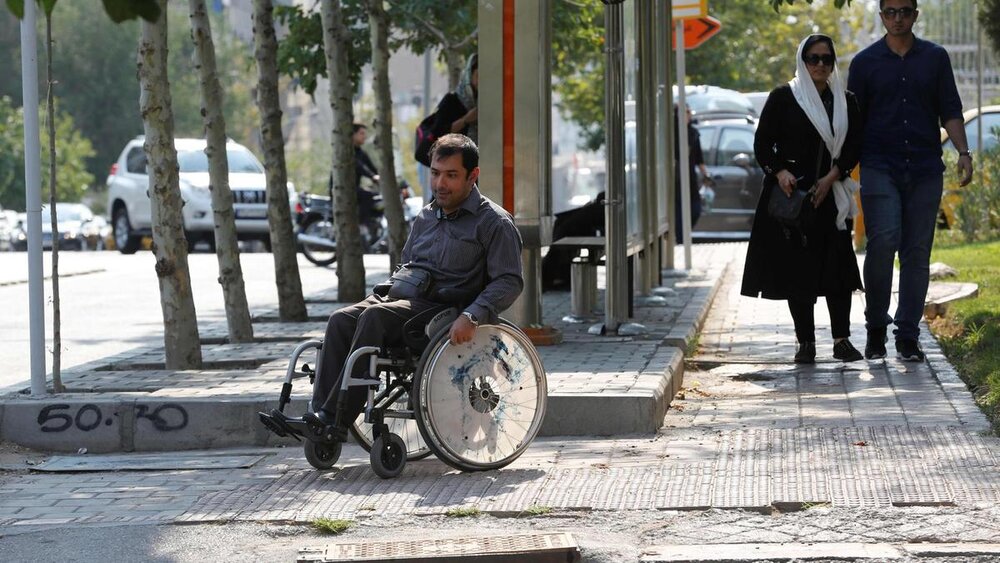Selected cities, villages to become disabled-accessible

TEHRAN – Fifty-five cities, five villages, and three metropolitan areas will be selected as pilots to improve accessibility for persons with disabilities, Ebrahim Kazemi, head of the secretariat of the accessible-cities coordination headquarters has announced.
According to the national document on improving accessibility in cities for persons with disabilities, fifty-five cities, five villages, and three metropolitan areas should be considered as pilots until Iranian calendar year 1402 (March 2023-March 2024).
The national document includes a five-year action plan which analyzes the country's weaknesses and strengths being accessible for the people physically challenged, with the participation of representatives of the country's responsible bodies and NGOs.
The document describes strategies and plans to construct all buildings accessible to people with disabilities, and the country's headquarters for increasing the cities’ accessibilities must follow up the strategies and regulations, he added.
Pointing out that one of the accessible cities in the country will be the capital of Tehran, Kazemi said that all cities are planned to be made accessible nationwide.
Yazd province was the first which improved accessibility the most, and it is planned to be introduced as the first Iranian accessible city, he highlighted.
Over 1.3m persons with disabilities live in Iran
Pirouz Hanachi, the mayor of Tehran, said in December 2019 that over 1.3 million people suffering from disabilities live in the country and the figure rises by 50,000 every year.
Majlis [the Iranian parliament] approved both general outlines and details of a bill on the rights of persons with disabilities in January 2018. Development of disability-friendly cities, free transportation, health insurance, free education, job creation, housing loans, and fewer working hours are some of the articles of the law.
Since the approval of the law, education for students with disabilities has been provided in Azad universities, subsidies for patients with spinal cord injury as well as disability care centers have been increased, in addition to residential units to families having members with disabilities.
Asghar Shirzadi, chairman of the board of the Iranian association of the disabled, said in December 2020 that it still seems that the related organizations are not very willing to implement the law.
FB/MG
